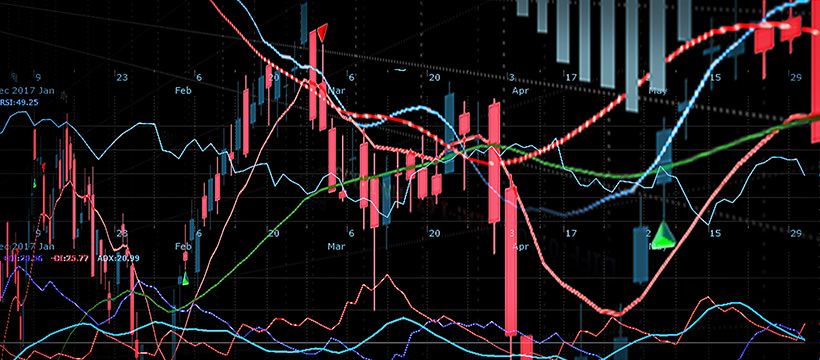In the world of Forex, discussing psychology is of vital importance and is one of the most crucial factors. Managing our emotions is not simple and should be studied in-depth; it is something that is not learned overnight and requires a lot of practice and discipline. The mere thought that only 5% of traders worldwide are profitable while the other 95% are not is frightening to many.
But why does this huge gap exist?
The reasons can be many and different for each type of person; the main one concerns psychology. Personally, I know very skilled traders who manage to make great profits and be consistent, but unfortunately, after some time, their demons also appear because they are unable to manage their emotions correctly. And it's not simply about fear, greed, etc., but factors external to trading, such as family problems, financial expenses, and much more.
Now look at yourself and your trading platform; what you see is the market. Are you nervous? The market will show it to you. Are you afraid? It will show you that too. The market is a mirror of yourself.
The Autonomic Nervous System in Forex Trading
The autonomic nervous system is the part that cannot be controlled, i.e., those functions that are generally outside of voluntary control ("Auto" means self). It is divided into two parts: the sympathetic system and the parasympathetic system. The differences are many because they do opposite things to each other.
Depending on which of the two systems is more active than the other, you will have a different reaction (obviously one that you will not control because it is autonomous). The sympathetic nervous system is used to expend energy and is activated under stress conditions (fight/flight), for example, when you are in the market and the fear of losing money arises. In contrast, the parasympathetic system stores energy for rest and digestion.
But what does all this have to do with trading? It comes into play here because the ego and the subconscious are involved. Our brain is divided into two distinct but complementary cerebral hemispheres. One is our rational part, our conscious "self," and the other is the subconscious, where our memories and our past reside. Every day we use these hemispheres to relate to each other.
One of the biggest problems in the online trading sector is the ego. It acts according to the principle of reality and tries to mediate with instinctive needs, pushing the human being to postpone the immediate gratification of their instincts. The ego includes the structures of personality that encompass cognitive, defensive, and executive functions. It also organizes thoughts to make sense of both the external and internal world.
There are many defense mechanisms, which are unconscious and serve to reduce anxiety and tension between the various parts of the personality. Some of these mechanisms are: reaction formation, repression, suppression, inversion, somatization, denial, compensation, etc. The parts of the psyche merge with each other.
Now I quote the words of one of the best traders, Marty Schwartz:
"The most important change in my trading career occurred when I learned to separate my ego from trading operations. Trading is psychology. People think they are playing against the market, but the market doesn't care. In reality, they are playing against themselves."
This makes us understand that we must first and foremost improve ourselves. It is not a challenge against the market where if you make a profit, you start thinking, "Ah, I won, I fooled you, etc." You must separate your ego from the trader's work because it could ruin you. Be humble and step down from the pedestal; don't always try to be right: you win some and you lose some.
In any type of activity, there are costs to be paid. For example, someone who has a store must first buy the goods to stock up and then resell them with a surplus to make a profit. But if the purchased goods are not subsequently resold, a stop loss occurs, just like in the Forex market. An insurance broker must put in the fuel to go and procure customers, but if they fail to close any contracts, they will have wasted time and money—another stop loss.
Trading should be considered like any other activity. So, if there is a stop loss in all jobs, why shouldn't there be one in trading? And we can still consider trading as a low-risk activity for the reason that you can decide how much to risk in everything, so when anxiety, fear, and nervousness come into play, think that it is normal to take a stop loss; it is simply a business risk.
-----Article published by Entony Geluardi - Professional Trader and contributor to La Piccola Wall Street.




